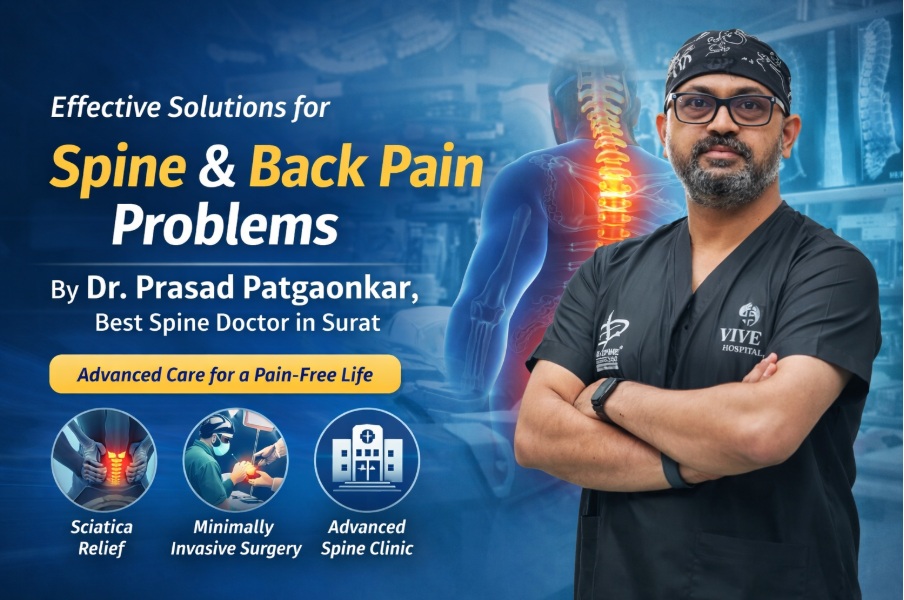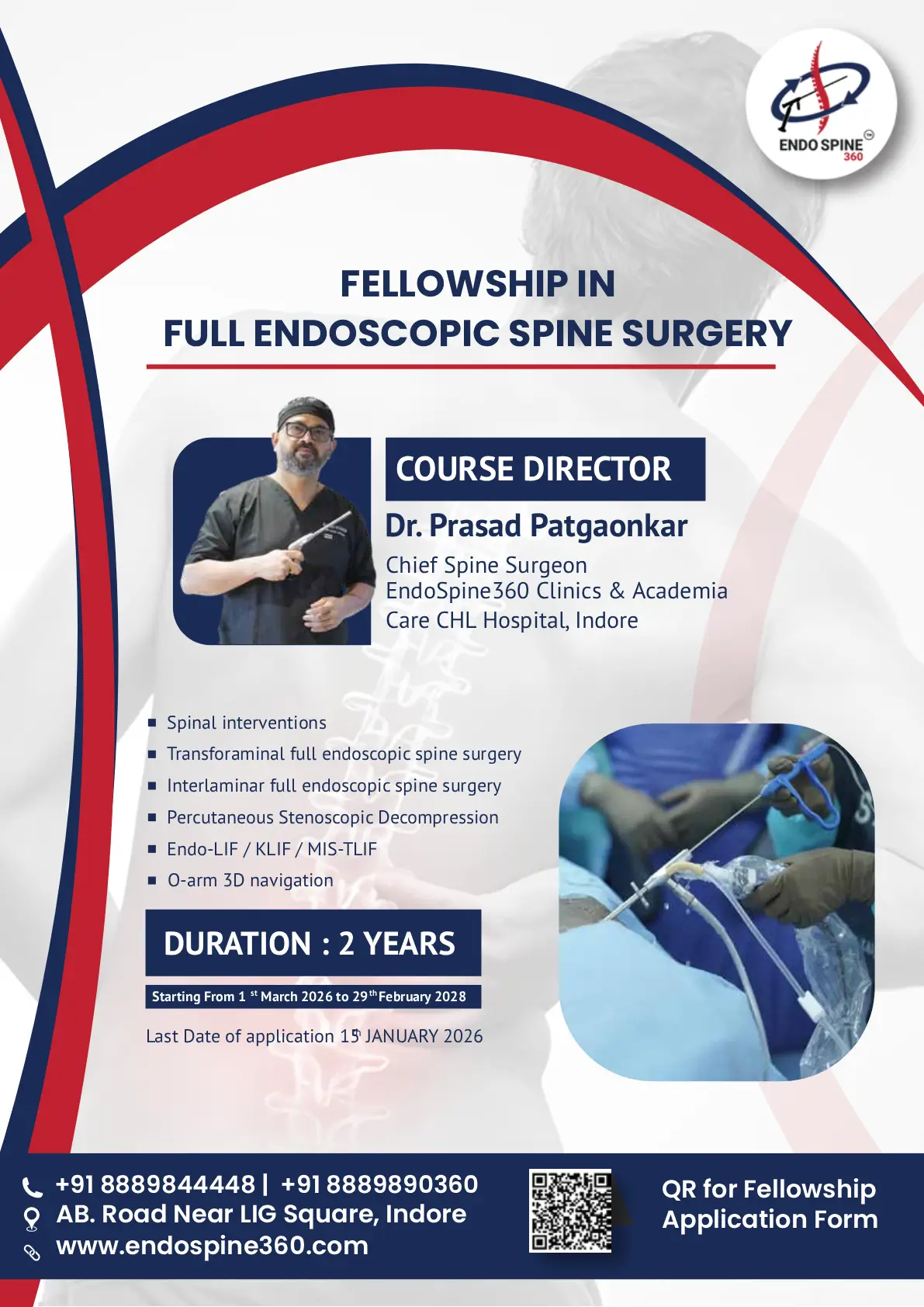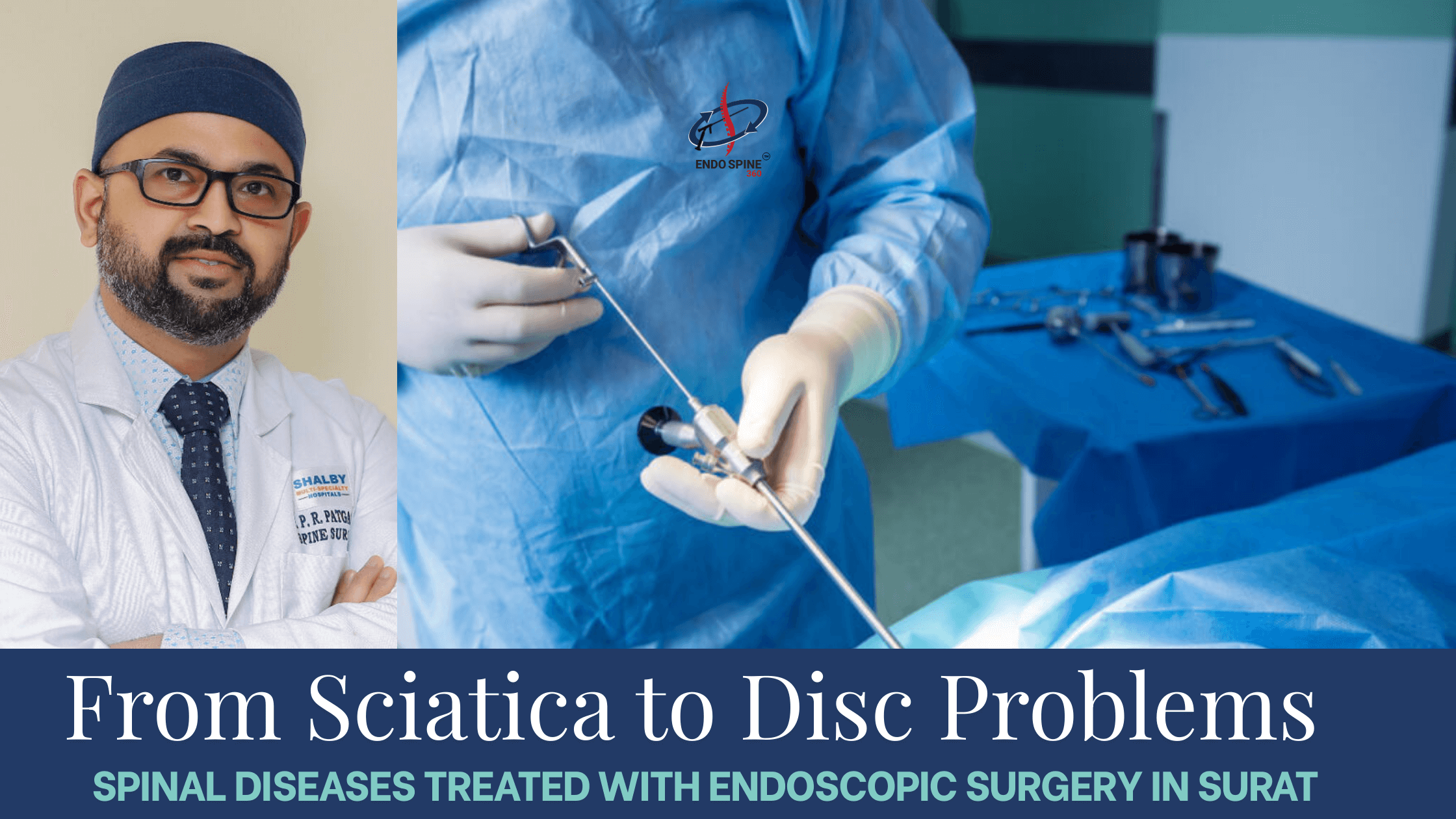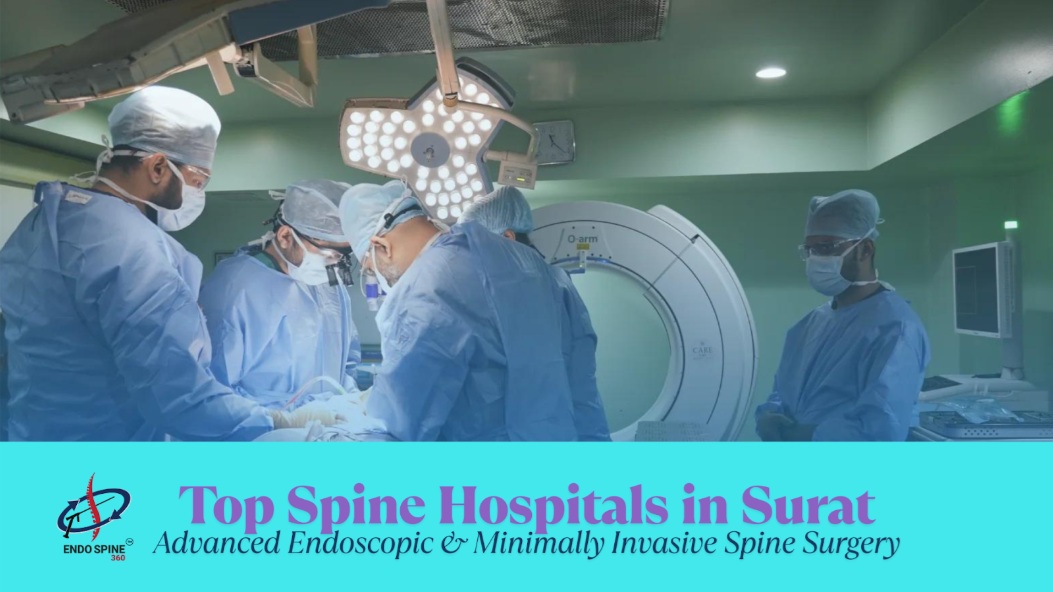Diagnostic Tests for Identifying the Causes of Pain in the Spine
- Endospine360
Continued pain in the spine significantly impacts your quality of life and daily routine, which makes it essential to identify the underlying causes and develop an effective treatment plan.
This article is all about diagnostic tests which help us to gain valuable insights to understand the condition and underlying cause of the problem.
Fortunately, the past decade has extended our proficiency to precisely diagnose back and neck pain. These tests help determine the specific factors contributing to the pain and enable us to develop personalized treatment approaches.
Spine Test Options
The process of diagnosing a spine condition begins with a comprehensive assessment of your health history and a thorough physical examination. Before any diagnostic tests are performed, your spine doctor will carefully review your medical background and inquire about your symptoms and when they first appeared. Additionally, they will evaluate various factors such as pain intensity, reflexes, muscle strength, and range of motion to gather valuable information. Following the initial evaluation, your back pain doctor may decide to conduct one or more diagnostic tests to further investigate your condition.
These tests can include:
Blood tests: Blood tests can help detect infections, inflammatory markers, or autoimmune disorders that may affect the spine.
X-rays: X-ray images deliver a detailed view of the bones in the spine that helps identify fractures or other bone-related abnormalities that may contribute to the pain.
Myelography: Myelography involves injecting a contrast dye into the spinal column to provide a clearer visualization of the spinal cord, nerve roots, and surrounding structures. The dye helps highlight any abnormalities or areas of compression that may be causing your symptoms.
MRI or CT scans: MRI uses powerful magnets and radio waves to create detailed images of the soft tissues, including the spinal discs, nerves, and surrounding structures. A CT scan combines X-ray technology with computer processing to produce cross-sectional images of the spine. MRI and CT scans help us get detailed information about the bone structures, and vertebrae and can detect fractures, tumors, or spinal abnormalities.
Electromyelography (EMG): EMG is a specialized diagnostic procedure that evaluates the electrical activity of your muscles and the nerve cells that control them. By analyzing the pattern and strength of signals generated, your spine consultant can assess the health and function of your muscles and the nerves that supply them.
Bone scan: These scans help identify abnormalities in the bones, such as fractures, infections, tumors, or conditions like arthritis. It provides valuable information about bone metabolism and can assist in diagnosing conditions that affect the spine, such as spinal infections or tumors.
Spinal probing: Spinal probing, also known as discography, is a diagnostic procedure that is sometimes used to identify the exact cause of spine-related pain. A thin needle is then inserted into the targeted disc under the guidance of fluoroscopy or X-ray imaging. Once the needle is properly positioned, a small amount of contrast dye is injected into the disc. Spine specialists can determine if the disc is healthy or if there are any signs of degeneration, herniation, or other abnormalities.
Nerve root blocks: Using fluoroscopy or ultrasound guidance for precise needle placement, a local anesthetic and anti-inflammatory medication, such as corticosteroids, are injected near the affected nerve root. Nerve root blocks are performed on an outpatient basis and usually take less than an hour to complete.
After a thorough diagnostic process, patients can greatly benefit from receiving a well-informed and precise diagnosis of the spinal condition causing their chronic pain. This accurate diagnosis not only provides a sense of clarity but also serves as a crucial foundation for determining the most effective treatment plan. With a comprehensive understanding of the underlying issue, healthcare professionals can tailor their approach to address the specific needs of the patient, ensuring that they receive the appropriate care and management for their spinal condition. A precise diagnosis empowers patients to make informed decisions about their health and opens doors to targeted treatment options, helping to alleviate their chronic pain and improve their overall well-being.
Checkout related service pages: Spine Doctor Indore, Spine Doctor Mumbai
Search
Categories
Popular Tags
Recent Post
-
Effective solutions for spine and back pain problems by the best spine doctor in surat

Back pain and spine-related disorders have become increasingly common ...
Read more -
Full endoscopic fellowship 2026

Fellowship in full endoscopic spine surgery under Dr. Prasad Patgaonka...
Read more -
From sciatica to disc problems: spinal diseases treated with endoscopic surgery in surat

Spine pain can quietly affect every part of your life—from walking and...
Read more -
Top spine hospitals in surat offering endoscopic & minimally invasive surgery

Back and spine problems can affect your daily activities, mobility, an...
Read more



